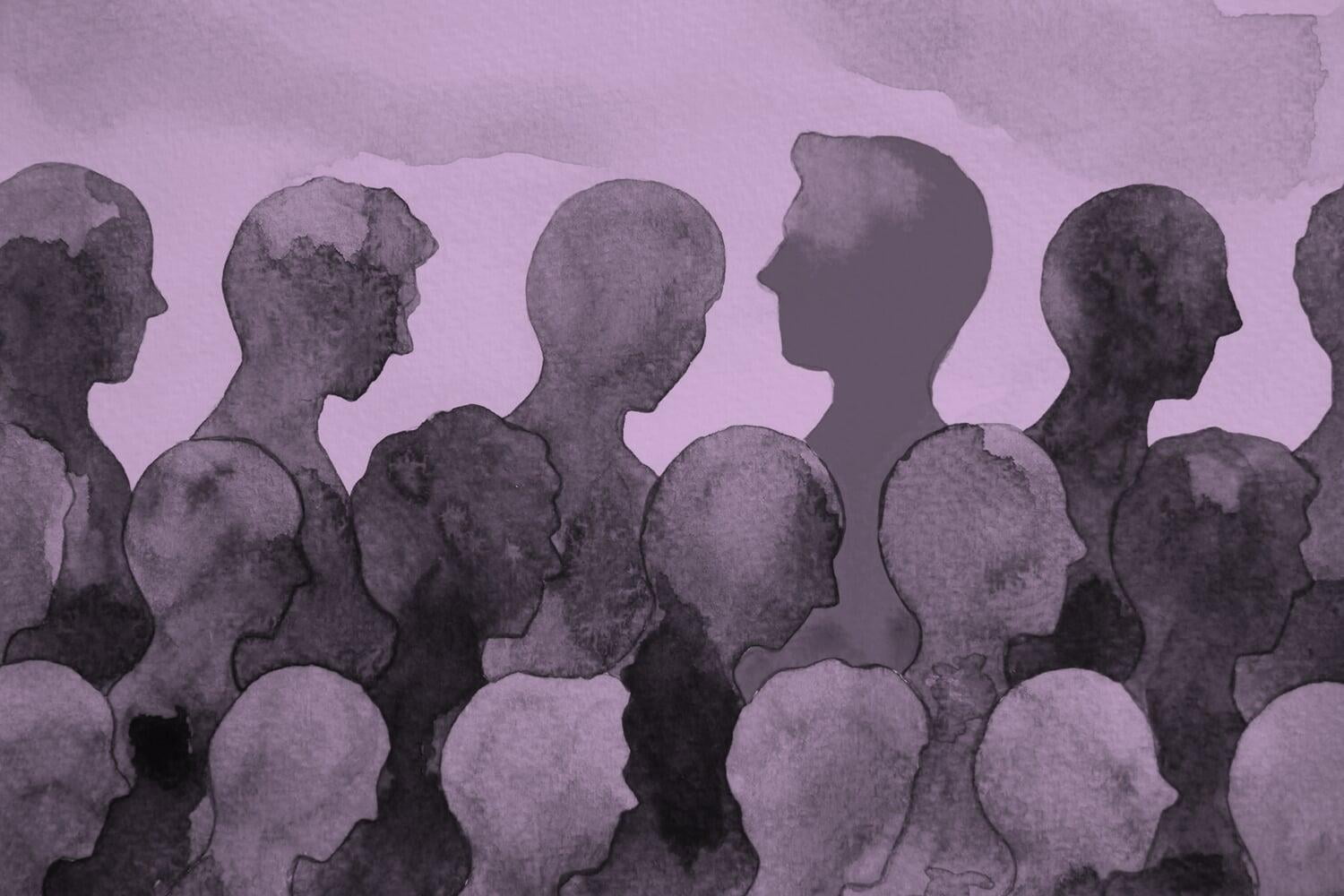The Pathway to Excellence | Work
Planning
What is planning? Plans give substance to your aspirations. Plans are how you create your preferred future. Plans consist of your intentions, your vision of what success will look like if these intentions are carried out, and the actions you will take to create success for you and your community. Plans help you to devise new and better ways of doing things, assume greater responsibility, and make sound decisions for the benefit of others and yourself.

WRITING THE LIVING MAP FOR YOUR JOURNEY
A plan isn’t just a piece of paper with a set of initial ideas about what you might do. It’s an entire process that you engage with throughout your journey. You set goals, figure out your strategies and approaches, define tasks and work out what’s required to make them happen. You revisit this plan continuously, refining your ideas, reallocate resources, and move your goals forward as you make progress.
Your plans, therefore, are the living map for your entire journey. They evolve with you as you grow, develop, fail, and achieve. The effectiveness of your planning process will hinge on your ability to engage with your team and community through your planning and decision-making, and how you will build your own capacity to set and achieve goals.
THE JOURNEY TOWARDS MASTERY: PLANNING
Successful people set goals and strive towards them. They work hard and manage their time well. Setting objectives and working hard makes it easier to reach. To do this, you need to plan ahead of time. Breaking things down into smaller, more manageable concepts or actions often helps. Single-tasking is possible here. But it isn't always that easy. Not every scenario can be pulled into its separate parts. You may need to figure out how basic problems are related, or why there is no easy answer. You may well need to juggle competing demands in the understanding that not everything can be done and that there is no perfect solution. This is normal, and developing an approach to managing this improves both your organisational skills and your ability to manage yourself along the way.
Turning big ideas and big hopes into fruition requires strong knowledge of who you are, where you are going and what you might encounter along the way. Your attention to detail and meticulousness will also be crucial. To prepare for the challenges ahead together, you must develop your knowledge, skills, dispositions and habits as a planner. As you explore The Pathway to Excellence further, you will find you can improve the quality of your planning by:
- Identifying and understanding the consistency of your self-regulation – how well you take responsibility for and follow through with organising yourself and your life
- Adopting an effective approach towards your goal setting – how you create meaningful plans to define what you want to achieve in your life
- Working through improving your skills in project management – how you make specific choices to construct plans and achieve your goals in a timely and resource-effective fashion
- Locating your success through the judicious exercise of your evaluation and assessment skills – how use both evidence and intuition to make sound judgments about the degree of success you are having in accomplishing your plans
“Security is mostly superstition. It does not exist in nature, nor do the children of men as a whole experience it. Avoiding danger is no safer in the long run than outright exposure. Life is either a daring adventure or nothing.”
Helen Keller
ADDING VALUES AND VALUE TO A COMMUNITY THROUGH PLANNING
Living in a community entails planning with and for others. It's a mission to connect with others that starts with questions: What is your moral code? How well do you value others? How well do you know your community's needs? What do we want to do together and how should we do this? Who and what do we have available to help us to achieve our goals? When do we want to do this? For what purpose are we doing this together? How you answer these questions through your words and actions will affect how you and your team or community collaborate respectfully and purposefully with one another to achieve your shared goals.
Together, you will need to make meaningful, long-range, and ethical decisions. You’ll need to think about how this impacts individuals as well as the community as a whole by seeing the facts and details, exploring possibilities, and balancing the benefits and costs. You will need a process to do this: one model for decision-making involves the following:
- Define the problem at hand.
- Identify what you want to achieve.
- Analyse the situation and see what you have at hand.
- Identify and assess possible ways forward.
- Decide on the best available course of action.
- Implement the plan.
- Evaluate the results.
- Refine the plan and …
- Keep going!
STEP FORWARD AND UP WITH YOUR PLANNING
Once you have worked out what you want to do and connected it to your sense of purpose, writing a plan and making it happen is a great way for you to create clarity for yourself and those around you. Making it happen builds your strength of character and improves your capacity to organise yourself. Refining it as you go builds your adaptability and improves your chance of realising your vision. Even when things don’t end up happening as you might want them to, your ongoing process of planning will help you and those in your care to move forward with confidence. It’s the work of a lifetime and something worth doing.







